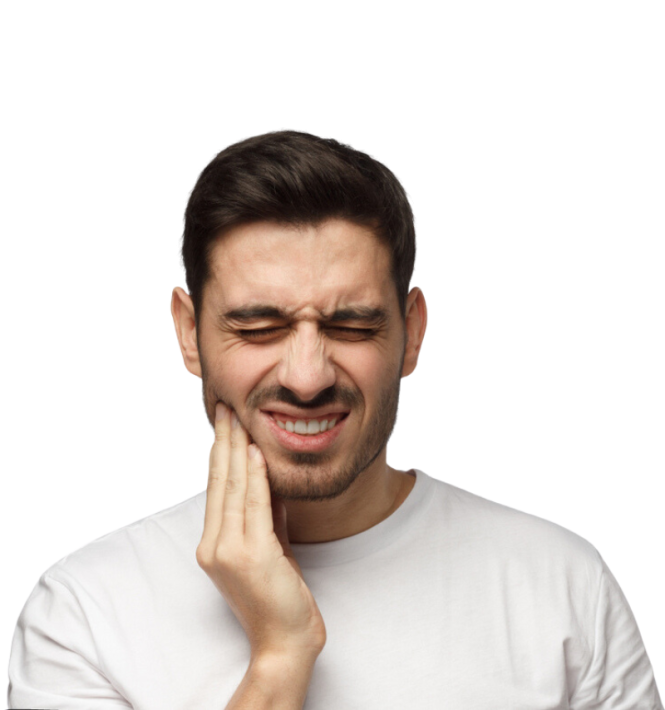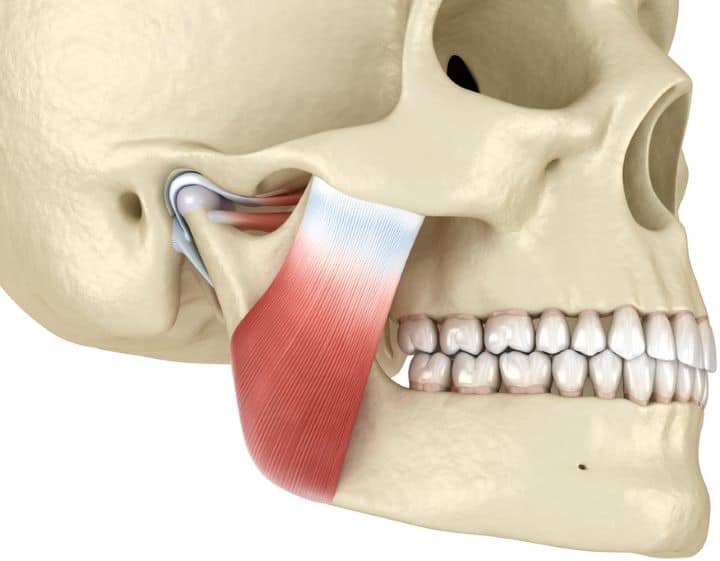

TMJ pain, a common yet often misunderstood ailment, can significantly impact daily life. This discomfort isn’t isolated; it’s frequently intertwined with dental habits and treatments. This article delves into the intricacies of TMJ pain, exploring its connection to dental care, highlighting potential causes, and presenting effective solutions. We’ll uncover how proper oral hygiene and targeted dental interventions play a vital role in managing TMJ pain and promoting overall oral health. The structure of this guide includes a detailed look at common causes of TMJ pain, its link to dental habits, and ultimately, strategies to improve TMJ function with dental care. The article will also discuss preventative measures.
Understanding the Source of TMJ Pain
Anatomical Overview of the TMJ
The temporomandibular joint (TMJ) is a complex hinge joint situated just in front of the ears. This joint connects the lower jaw (mandible) to the temporal bone of the skull, allowing for crucial movements like chewing, talking, and yawning. Problems with this joint—or its surrounding muscles—often lead to TMJ pain. Proper understanding of the TMJ’s intricate anatomy is key to comprehending the potential for pain.
The Role of Dental Habits in TMJ Pain
Bruxism and Its Impact
Bruxism, the unconscious clenching or grinding of teeth, is a prevalent factor contributing to TMJ pain. This persistent habit places excessive stress on the TMJ, potentially leading to inflammation, cartilage damage, and joint dysfunction. The repetitive grinding motion can gradually wear down teeth and contribute to long-term dental issues.
The Link Between Dental Care and TMJ Treatment
The Importance of Regular Dental Checkups
Regular dental checkups and cleanings are crucial not only for maintaining healthy teeth but also for identifying potential TMJ problems early on. Dental professionals can detect signs of bruxism, worn teeth, and other issues that may be contributing factors to TMJ discomfort. Early intervention is crucial in managing TMJ pain effectively.
Diagnostic Methods and Treatment Options
Consulting Specialists
Experiencing persistent TMJ pain necessitates a thorough evaluation by a qualified dentist or an oral and maxillofacial surgeon. These specialists will perform a comprehensive examination, including assessing jaw movement, palpating the joint, and evaluating dental alignment to identify the root cause of the discomfort.
Preventive Measures to Avoid TMJ Pain
Recognizing and Addressing Potential Triggers
One of the most effective ways to mitigate TMJ pain is to address potential triggers such as stress and bruxism. Stress management techniques and wearing a nightguard to protect the teeth can be effective in preventing teeth grinding and related TMJ problems. A balanced diet rich in nutrients supporting jaw joint health, as well as avoiding repetitive jaw movements during work, can also significantly lessen TMJ strain.
Frequently Asked Questions
What are the early warning signs of TMJ problems?
Early signs of TMJ problems often include pain or tenderness around the jaw joint, headaches, clicking or popping sounds in the jaw, difficulty opening or closing the mouth, and stiffness in the jaw muscles. If you experience any of these symptoms, it’s essential to seek professional help promptly. A dentist can accurately assess the condition and suggest appropriate management strategies, and might recommend follow-up examinations with an oral and maxillofacial surgeon or specialist for further investigation.
What are the most effective treatments for TMJ pain?
Treatment options for TMJ pain vary depending on the underlying cause and severity. Common approaches include oral appliances (such as night guards), stress management techniques, physical therapy, and in some cases, medication. A dentist or specialist can tailor a personalized treatment plan to address individual needs and maximize the effectiveness of care.
In conclusion, TMJ pain, though uncomfortable, is often linked to dental care and habits. Addressing the discomfort proactively through a thorough evaluation by a dentist or specialist can lead to a more comfortable and healthy jaw joint. By understanding the connection between oral health and TMJ, individuals can take steps toward managing this common issue. Schedule a consultation with your dentist today to explore potential TMJ treatment options and maintain optimal oral health.